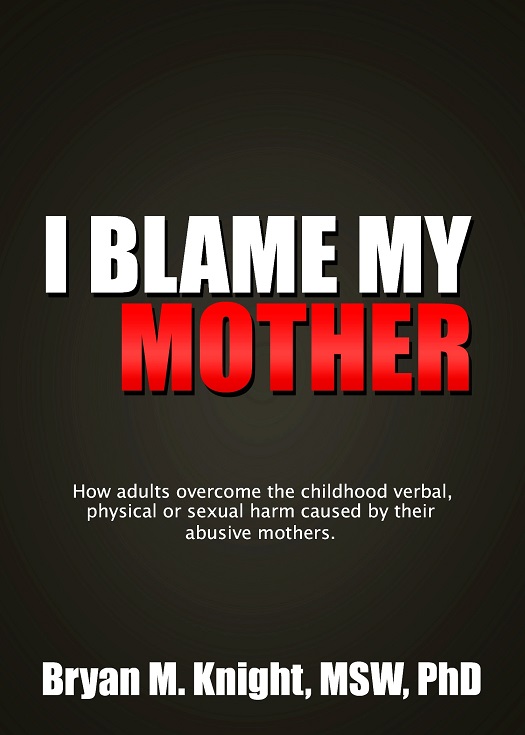Understanding And Navigating Complex Marital Emotions
Sometimes I hate my husband, and it's an emotion that many people may feel but rarely discuss openly. This sentiment isn't about negating love or commitment; rather, it highlights the complexity of relationships where feelings fluctuate due to stress, misunderstandings, or external pressures. Recognizing these emotions is crucial for personal growth and fostering healthier connections. By addressing these feelings head-on, individuals can transform their marriages into more resilient partnerships.
When you find yourself thinking, "sometimes I hate my husband," it's essential to delve deeper into why this thought arises. Such moments often stem from unresolved conflicts, differing expectations, or even self-reflection on one's role in the relationship. These emotions are natural and part of a healthy relationship when managed constructively. Understanding the root cause can lead to meaningful conversations and lasting solutions.
This article explores the intricacies of marital emotions, offering practical advice and insights to navigate challenging times. It emphasizes the importance of open communication, empathy, and mutual respect in overcoming difficulties. Whether you're seeking guidance or simply looking to validate your feelings, this piece aims to provide clarity and support.
Read also:Michelle Voice The Soulful Sound That Defined An Era
Why Do These Feelings Emerge?
Feelings like "sometimes I hate my husband" don't arise in isolation. They're often symptomatic of deeper issues that require attention. Stress from work, financial pressures, or family obligations can strain a marriage, leading to emotional outbursts or resentment. Additionally, unmet expectations or lack of communication can exacerbate these feelings, creating a cycle of negativity.
Is It Normal to Feel This Way?
Yes, it's entirely normal to experience negative emotions toward your partner occasionally. Relationships involve two unique individuals with different needs, desires, and perspectives. Disagreements and frustration are inevitable, but they don't necessarily indicate failure. Instead, they present opportunities for growth and understanding. Acknowledging these feelings as part of the relationship journey is key to resolving them effectively.
Can These Feelings Be Resolved?
Absolutely. With effort and commitment, couples can address and overcome feelings of resentment or dissatisfaction. Strategies such as active listening, expressing emotions honestly, and seeking professional help when necessary can pave the way for reconciliation. Remember, every relationship encounters challenges, but how they're handled determines the relationship's strength.
What Are the Root Causes of Marital Strain?
Marital strain often results from a combination of factors, including communication breakdowns, financial disagreements, and differing life goals. For instance, if one partner prioritizes career advancement while the other values family time, conflicts may arise. Similarly, financial instability or unexpected expenses can create tension, leading to feelings of frustration or anger. Understanding these root causes is the first step toward healing and rebuilding trust.
How Can I Communicate Better with My Spouse?
Effective communication is vital in any relationship. To improve dialogue with your spouse, consider the following tips:
- Practice active listening by focusing on what your partner says without interrupting.
- Use "I" statements instead of "you" statements to express your feelings without sounding accusatory.
- Schedule regular check-ins to discuss concerns and celebrate successes together.
Should I Always Suppress Negative Emotions?
No, suppressing negative emotions can lead to resentment and further complications. Instead, find healthy outlets to express these feelings, such as journaling, talking to a trusted friend, or engaging in therapy. Bottling up emotions only intensifies them, making it harder to address issues constructively. Honest communication fosters understanding and strengthens relationships over time.
Read also:Al Pacino Partners Exploring The Life And Relationships Of A Hollywood Legend
When Should I Seek Professional Help?
Seeking professional help is advisable when feelings like "sometimes I hate my husband" persist and affect daily life. A licensed therapist or counselor can provide objective insights and tools to navigate complex emotions. Therapy sessions offer a safe space to explore underlying issues and develop strategies for resolution. Remember, reaching out for help is a sign of strength, not weakness.
How Can I Rebuild Trust After a Conflict?
Rebuilding trust requires patience, transparency, and consistent effort from both partners. Start by acknowledging mistakes and committing to change. Set clear boundaries and expectations moving forward. Regularly reaffirm your commitment to each other through words and actions. Celebrate small victories along the way to reinforce positive progress.
Does Every Relationship Experience These Challenges?
Yes, every relationship encounters challenges at some point. The key lies in how partners choose to confront and overcome them. Some couples may face financial difficulties, while others deal with parenting disagreements or career transitions. Regardless of the specific issue, addressing it openly and collaboratively strengthens the bond between partners.
What Can I Do to Prevent Future Conflicts?
Preventing future conflicts involves proactive measures and consistent effort. Here are a few suggestions:
- Establish clear communication channels and maintain transparency.
- Set shared goals and work together to achieve them.
- Practice empathy by putting yourself in your partner's shoes.
Can Forgiveness Play a Role in Healing?
Absolutely. Forgiveness is a powerful tool in healing relationships. It involves letting go of past grievances and focusing on the present and future. Forgiveness doesn't mean forgetting or excusing harmful behavior; rather, it signifies a willingness to move forward and rebuild trust. By practicing forgiveness, couples can create a more harmonious and supportive environment.
Why Is Empathy Important in Marriage?
Empathy fosters deeper understanding and connection between partners. When you empathize with your spouse, you validate their feelings and show that you care about their perspective. This strengthens emotional bonds and reduces the likelihood of misunderstandings. Incorporating empathy into daily interactions can transform a relationship into a more compassionate and supportive partnership.
Sometimes I Hate My Husband: Final Thoughts
Experiencing feelings like "sometimes I hate my husband" doesn't signify the end of a relationship. Instead, it highlights the importance of addressing underlying issues and fostering growth. By embracing open communication, empathy, and mutual respect, couples can overcome challenges and build stronger connections. Remember, every relationship encounters obstacles, but how they're handled determines the relationship's success.
Table of Contents
- Why Do These Feelings Emerge?
- Is It Normal to Feel This Way?
- Can These Feelings Be Resolved?
- What Are the Root Causes of Marital Strain?
- How Can I Communicate Better with My Spouse?
- Should I Always Suppress Negative Emotions?
- When Should I Seek Professional Help?
- How Can I Rebuild Trust After a Conflict?
- Does Every Relationship Experience These Challenges?
- What Can I Do to Prevent Future Conflicts?


